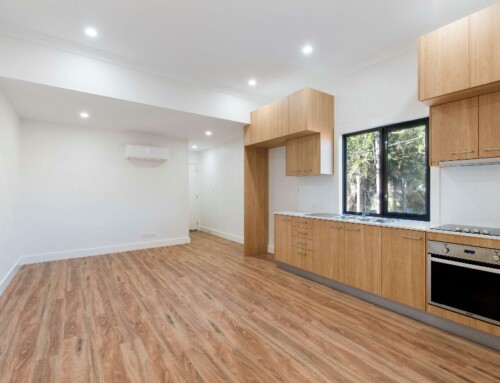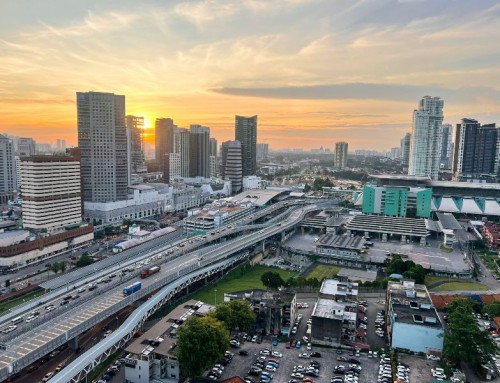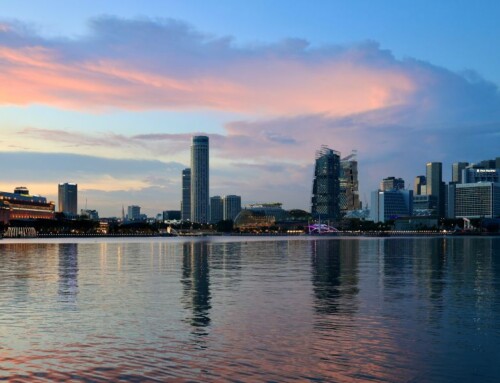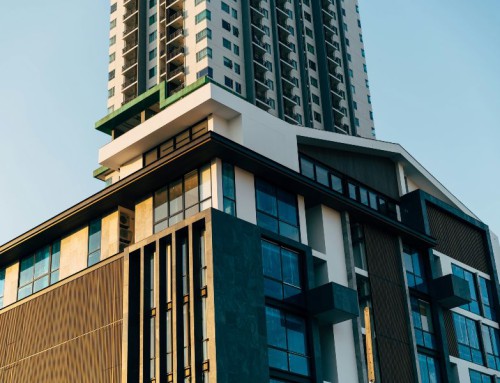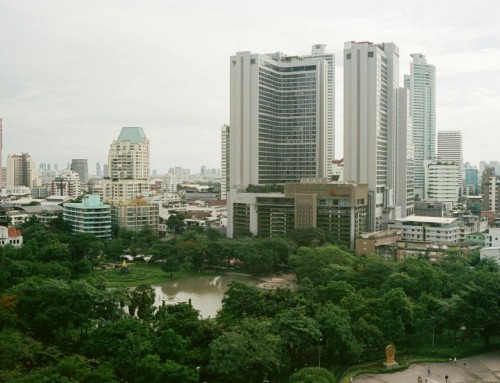The start of 2016 has been rather horrible for the global equity market. The Dow Jones Industrial Average had its worst opening two weeks to a trading year in its history. The Chinese stock markets had to shut down twice in the same week for breaching the correction limit of 7%. Globally there is a consensus that risk taking should be kept to a minimum for the near term and thus many people are taking money off the stock markets, further exaggerating the already poor market sentiment. This then causes one to think where the property market should be heading. For our discussion, we will be taking stock of what a global stock market rout means to the Singapore property market.
We must first iron out some basic economic terms for our basis of analysis. When we talk of stocks and property, we can see them as two products complementing each other or as substitutes. Prices and demand for complimentary products tend to move in the same direction. When there is high demand for the first product, the demand is positively correlated to the second product. Think of the demand for the latest Apple iPhone and the demand for iPhone cases and accessories. When a new iPhone comes onto the market and the demand is at its peak, once buyers have gotten the latest iPhone, they will need an iPhone case and other accessories. Those who are selling such cases and accessories will also see a surge in demand from the launch of a new iPhone. The two products complement each other and are thus deemed to be complimentary goods.
The converse is also possible. When the demand for one product goes up, the demand for the second product can go down. This is what we call substitute products. Let us use the Apple iPhone as an example again. This time with relation to its rival Samsung. When the latest iPhone comes onto the market, demand for Samsung phones usually falls. This is because phone buyers see the iPhone as a substitute to Samsung phones and vice versa.
Let us then liken this complimentary and substitute goods analogy to the stock market and the Singapore property market. We must determine whether buyers of Singapore property deem stocks to be complimentary in nature or do they see property as a substitute for stocks. Where has the Straits Times Index (STI), Singapore’s benchmark index for Singapore’s stock market, been heading? Well a year ago the STI was at about 3500 points and today it is at about 2500. That is an approximate 30% drop in value. In the same time, the private property price index dropped 3.7%. This shows that both stocks and property seem to be travelling in the same direction for a good part of 2015 and perhaps into the start of 2016. However, the size of the fall in value of property prices has pared greatly compared to the fall in stock prices. This clearly shows that perhaps property prices do not move correspondingly to how the stock market is moving. Looking back one more year to 2014 and we can see that it was a good year for stocks but for all four quarters, the URA private property price index recorded price falls. This then shows that perhaps stocks and property may not be deemed to be complementary after all.
My take on this matter is such. In the short run, the wealth effect takes place. A fall in the stock market causes people to feel poorer and less secure about their finances. Thus they hold back making major purchases and property purchases are one of them. Thus in the short run, within six months to a year perhaps, the property buying sentiment will remain weak and developers will find ways and means to delay project launches. However, time after time, property has been herald as a safe haven as compared to stocks. Moreover, the Singapore economy may be slowing but it is not in a state of recession. Well not yet perhaps. Wage growth is greater than job cuts and the purchasing power of the average Singaporean household is still rather strong. As central banks around the world get a firmer grip as to what is causing the stock market turmoil and such huge stock market drops become few and far between, people will start to look at their savings and think of how they can invest in something. This is where the idea of property investment will come to mind. They will view property investment as a substitute to stocks. Buying a property in Singapore is a secure bet on the country’s long term future and it is akin to investing on whether the Singapore government will get things right rather than whether the executives of a certain company are doing a good job.
In the first half of 2016, property demand should remain weak as people remember what happened to the stock market at the start of 2016. This actually provides a buying opportunity for would be buyers. However, barring any major economic shock and another stock market meltdown, the second half of 2016 should see rather healthy buying activity as buyers come out of their shell and look to spend some of the money that is lying idle in their savings account.
Yours Sincerely,
Daryl Lum

